Charles Grodin, droll and deadpan actor noted for the hit films The Heartbreak Kid and Midnight Run – obituary
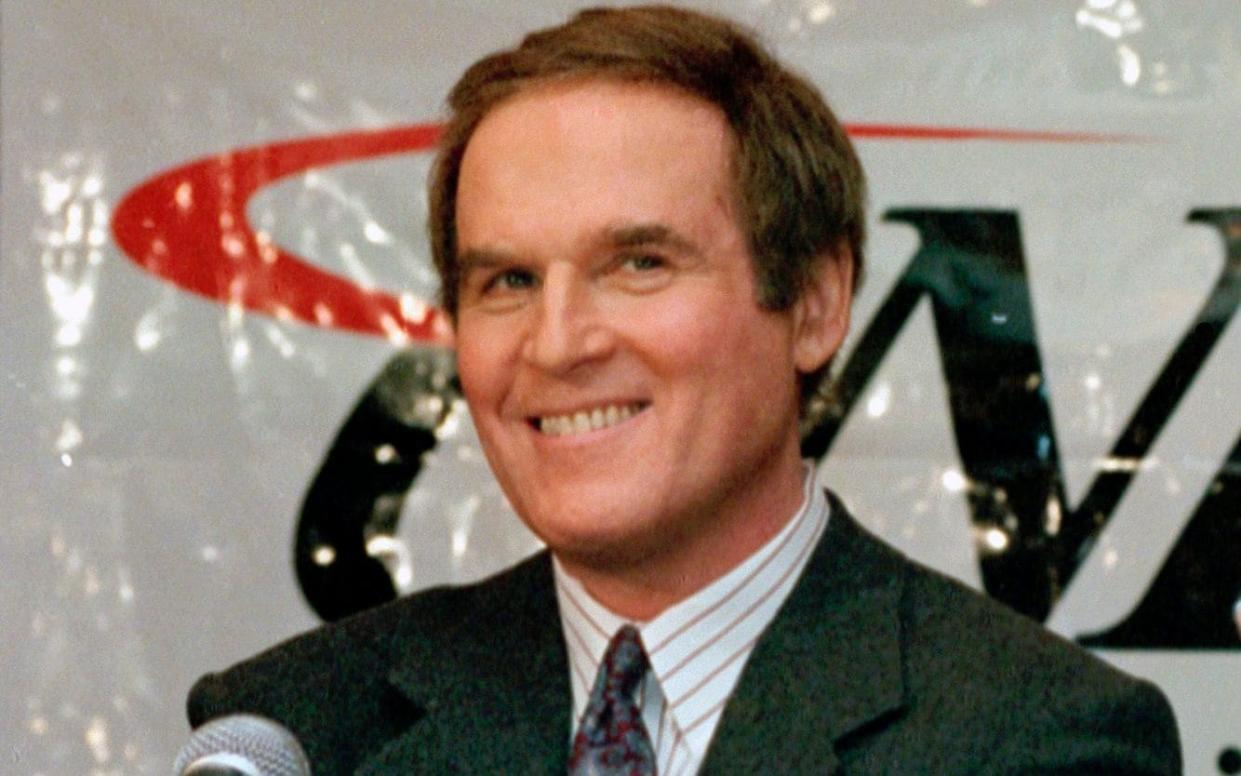
Charles Grodin, who has died aged 86, was an adaptable actor whose droll, sardonic charm was a feature of film, television and theatre for more than 50 years; he was also a playwright and memoirist and, in the US, a familiar face as a talk-show raconteur.
His movie breakthrough came in 1972 with the role of Lenny Cantrow, the impossibly romantic protagonist of the acerbic comedy The Heartbreak Kid, written by Neil Simon and directed by Elaine May.
It was a role that depended heavily on Grodin’s ability to lend humanity to his characters. Cantrow was, in the words of one critic, “one of the suavest losers the 20th century has yet produced” – a New York sporting goods salesman who has raced into marriage only to spend his Florida honeymoon experiencing the marital equivalent of buyer’s remorse after running into Kelly, a blonde-haired, blue-eyed WASP played by Cybill Shepherd.
“It’s a big problem, Radio City Music Hall big,” says Cantrow, in one of the film’s funniest scenes.
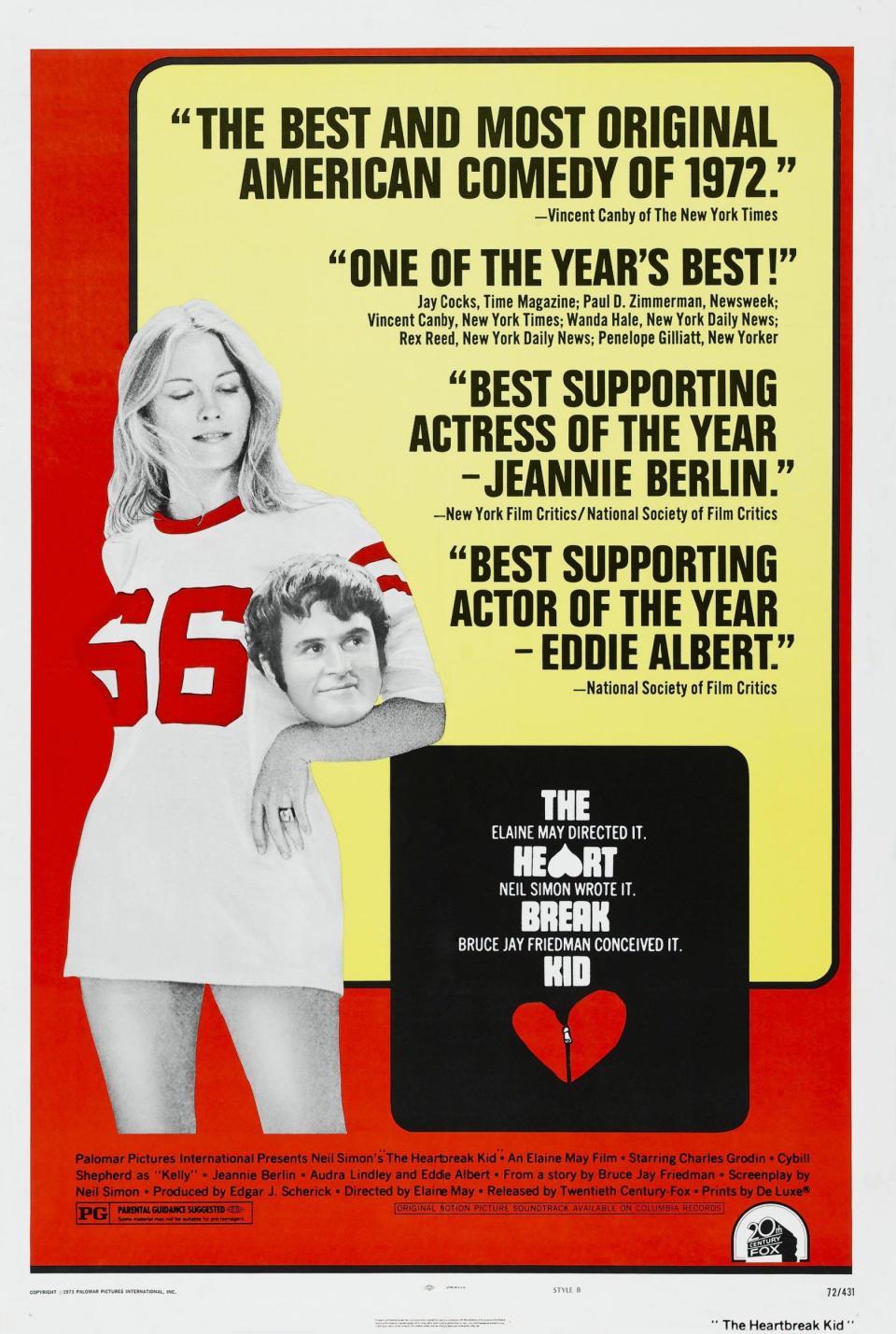
Yet sharp writing and skilful ensemble playing prised a universal truth – that some people can never be happy – from this vaguely misogynistic, borderline farcical scenario. Grodin, nominated for a Golden Globe, demonstrated an ease with Simon’s snappy dialogue that bolstered two further collaborations with the writer in the 1980s: Seems Like Old Times (1980) and The Lonely Guy (1984).
Multiplex-goers in the late 1980s, however, will best remember him from the 1988 buddy movie Midnight Run, in which his fusspot accountant Jonathan “The Duke” Mardukas is escorted across the United States by bounty hunter Jack Walsh (Robert De Niro) after embezzling $15 million from the Mob, who are pursuing him, along with the FBI.
Lifted beyond the formulaic by the drily amusing chemistry of the two stars, the film became one of that year’s summer blockbusters – grossing $81 million off a $15 million budget. Roger Ebert praised Grodin for a performance that was the equal of De Niro’s, “and in the crucial final scene, it is Grodin who finds the emotional truth that defines their relationship.”
Even the generally taciturn De Niro, whose insistence on Method authenticity was said to have left Grodin with scars from the steel handcuffs bonding Mardukas to Walsh, found praise for his co-star, no matter that it sounded somewhat like a backhanded compliment: “The way Chuck Grodin is, it worked. His character was irritating and Chuck knew how to do that… I felt like that was a good way to go.”
Grodin was building on what the Washington Post critic Hal Hinson described as “a sort of inspired spinelessness” – a quality that informed many of his best performances.
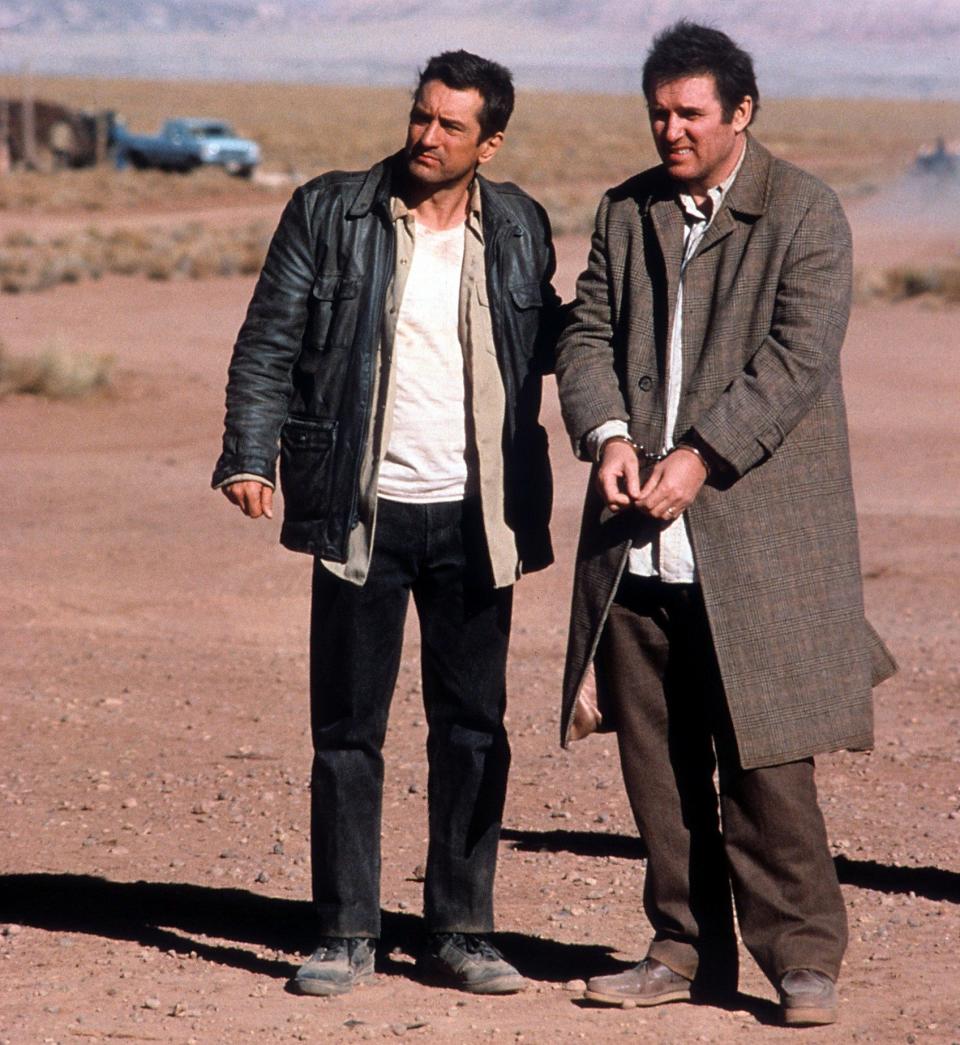
Yet he was already 50 by the time Midnight Run emerged: balding, too old to play the action hero, and unwilling besides. By the early 1990s he had established himself in lightweight “family” fare, most notably as George, the uptight paterfamilias of the dog-loving Newton clan, outwitted by a slobbering St Bernard in Beethoven (1992) and Beethoven’s 2nd the following year.
These were cheap and cheerful, heavy on the slapstick, laser-targeted at the global audience of pooch lovers: the first movie took $150 million worldwide, the second only slightly less. The role demanded little more of Grodin than to settle amiably into knitwear and submit to facefuls of doggy drool.
With his pension thereby topped up, he took a step back from acting commitments, retreating to his Connecticut home to write and pursue other interests, including his family: “I wanted to be at home,” he recalled. “My son was six or seven years old when I stopped doing movies in 1994. I thought it was time to be there.”
He was born Charles Grodinsky on April 21 1935 into Pittsburgh’s Russian-Jewish community, the youngest of two sons born to dry goods wholesalers Theodore and Lena (née Singer) Grodinsky, who died when Charles was a teenager. His older brother, Jack, became an accountant and lawyer.
Charles, a self-described “rough kid, always getting kicked out of class”, studied at Peabody High School, Pittsburgh. After seeing Montgomery Clift in A Place in the Sun (another inspiration was Ralph Richardson) he studied acting at the University of Miami, but left before graduating and moved to New York. There he was accepted by Uta Hagen at the HB Studio; he was subsequently taught by Lee Strasberg at the Actors Studio.
In 1954 Grodin made his (uncredited) screen debut as a drummer boy in 20,000 Leagues Under the Sea, but he spent the bulk of his first decade as an actor working in television. He landed a recurring role in the ABC soap opera The Young Marrieds, and supplemented it with appearances in mainstays of 1960s television such as The FBI and The Virginian.
Meanwhile he was developing his stage career and in 1962 made his Broadway debut supporting Anthony Quinn and Margaret Leighton in Tchin Tchin.
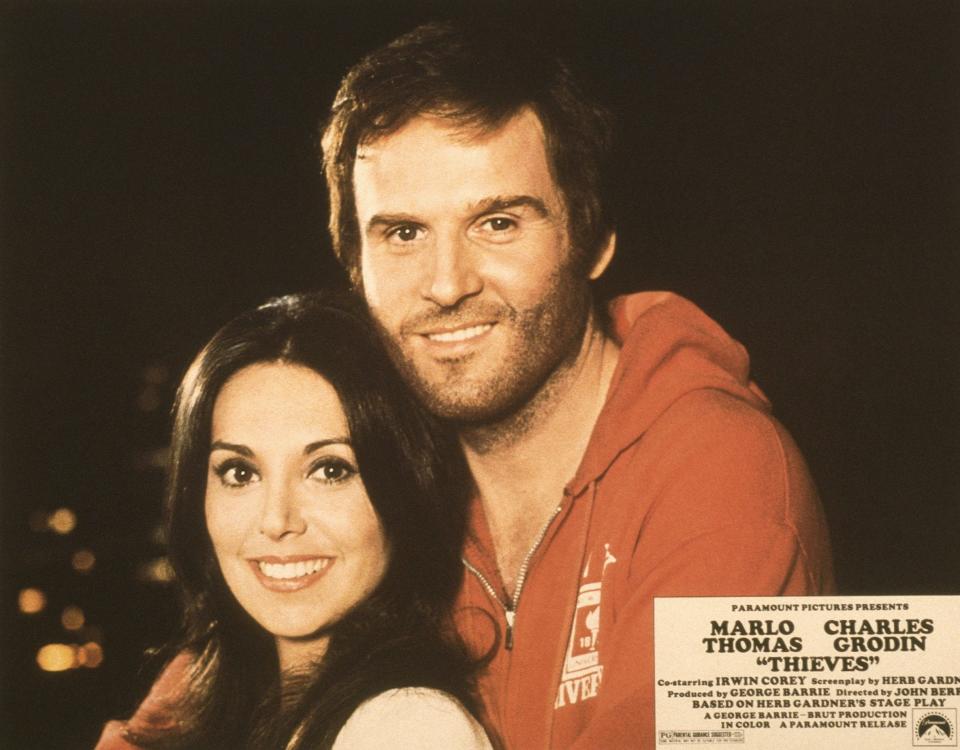
It was around this time that he was approached by director Mike Nichols, an early admirer, with an eye to playing Benjamin Braddock in the screen adaptation of The Graduate. After serious consideration, Grodin passed on the opportunity, believing himself not quite right for the role, and consoling himself with the thought he could earn more money in television than he ever could making films.
Nevertheless, the movies continued to court him. His turn as the concerned gynaecologist Dr Hill in Rosemary’s Baby (1968) – inadvertently placing the heroine Mia Farrow in the care of a Satanic coven – and his deft work as the social-climbing creep “Aarfy” Aardvark in Nichols’s Catch-22 (1970) caught the Hollywood radar.
While filming Catch-22, Grodin was introduced to Art Garfunkel, who asked the actor to direct the Simon and Garfunkel TV special Songs of America (1969). Blending musical numbers with newsreel reflecting on the Vietnam War, the show was both highly controversial – causing sponsors to withdraw their support – and a ratings hit. (Grodin would later win an Emmy as part of the writing team on the 1977 Paul Simon Special.)
Established as a polymath of sorts, in the wake of the success of The Heartbreak Kid Grodin managed to resist typecasting as a cad. (“After seeing the movie,” he said, “a lot of people would approach me with the idea of punching me in the mouth.”)
Instead he made a splash on the chat-show circuit as an (intentionally) irascible presence, displaying comical contempt for Johnny Carson’s questions, starting jokey rows with David Letterman, and making a show of sinking a 1977 episode of Saturday Night Live by acting completely ill-prepared.
On the big screen, he was the nefarious oil executive in the 1976 remake of King Kong, attempted something more naturalistic the next year as one half of a separating couple in the wordy comedy-drama Thieves, and in 1978 was happy playing second fiddle to Warren Beatty in Heaven Can Wait.
His strongest role in this period (hailed as “wonderfully funny” by one critic) came as the vet who grants a camera crew all-areas access to his family’s home in Albert Brooks’s ahead-of-its-time, satirical mock-documentary Real Life (1979). Less auspicious was the action-comedy Sunburn, where his seedy private investigator was outshone by his co-star Farrah Fawcett-Majors, modelling a range of skimpy costumes.
Grodin’s 1980s output included The Incredible Shrinking Woman, Joel Schumacher’s comic riff on Richard Matheson’s 1956 cautionary science-fiction novel The Shrinking Man, featuring Lily Tomlin in the lead; he was the villainous jewel thief and Kermit the Frog’s rival for the affections of Miss Piggy in The Great Muppet Caper; and he made a rare onscreen appearance without his toupee as the suicidal schlub Steve Martin befriends in The Lonely Guy (1984).
Loyalty to Elaine May (director) and Warren Beatty (producer) was the motivation behind signing on for Ishtar (1987), a notorious flop. Some of the dissatisfaction Grodin came to feel with Hollywood around this time fed into the genial trio of memoirs and life-commentary he penned in the years leading up to his early retirement: It Would Be So Nice If You Weren’t Here (1989), How I Get Through Life (1992) and We’re Ready for You, Mr Grodin (1994). Freddie the Fly in 1993 was an offshoot of his parenting duties.
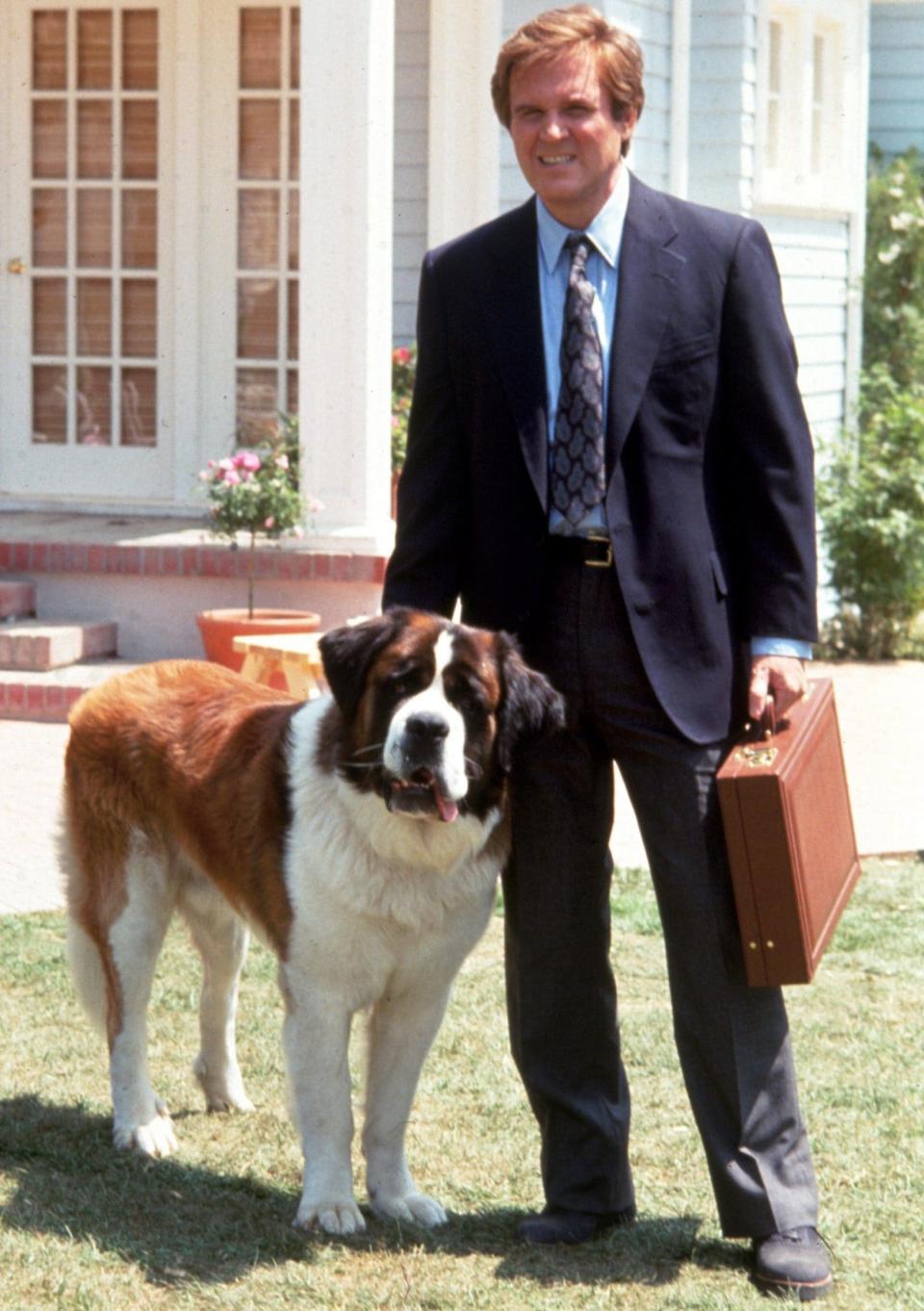
He was eventually tempted out of seclusion, popping up in the Zach Braff vehicle The Ex (2006), an episode of Law & Order: Special Victims Unit (2012), with deadpan humour as the doctor on Louie (2014-15) and as father-in-law to Ben Stiller – who succeeded him as the Heartbreak Kid in the 2007 remake – in Noah Baumbach’s wry culture-clash drama While We’re Young (2014).
More books followed, the titles getting longer and more self-deprecating: I Like It Better When You’re Funny, If Only I Knew Then, How I Got to be Whoever I Am and Just When I Thought I’d Heard Everything. His satirical play The Right Kind of People was summed up by The New York Times as “a portrait of the pettiness of the rich defending their real estate”.
He remained busy to the last, assuming new roles as a CBS radio commentator and a humorous columnist for the New York Daily News. In a 2005 interview, he maintained: “My number one goal is to be helpful… the other one is to amuse.”
Charles Grodin was married twice. His first marriage, to Julie Ferguson, was dissolved. He married secondly, in 1983, the writer Elissa Durwood, who survives him, with their son, the actor Nick Grodin, and a daughter from his previous marriage, the comedian Marion Grodin.
Charles Grodin, born April 21 1935, died May 19 2021

 Yahoo News
Yahoo News 
